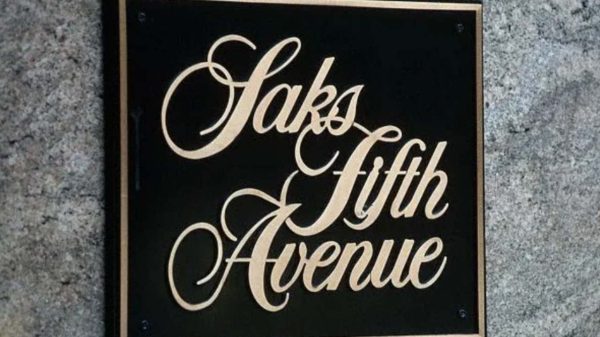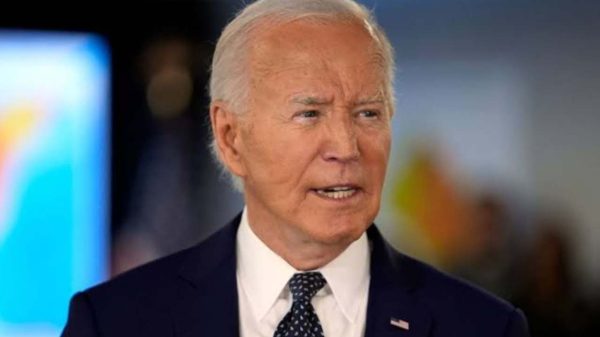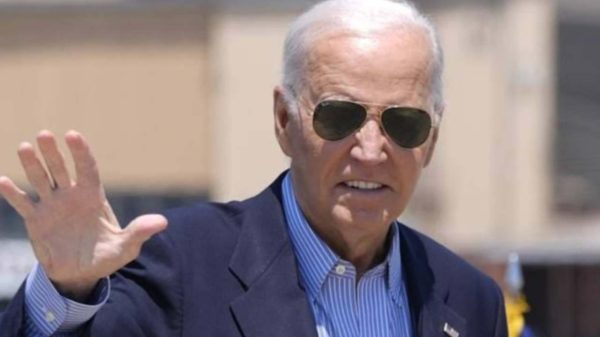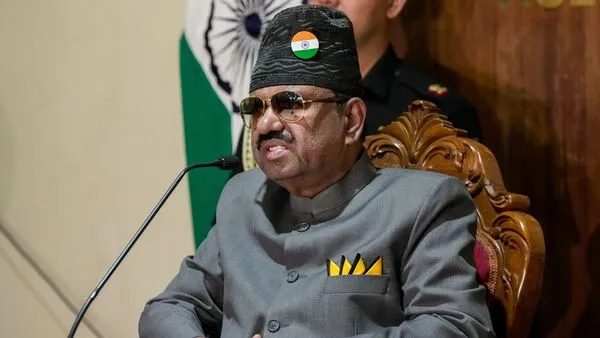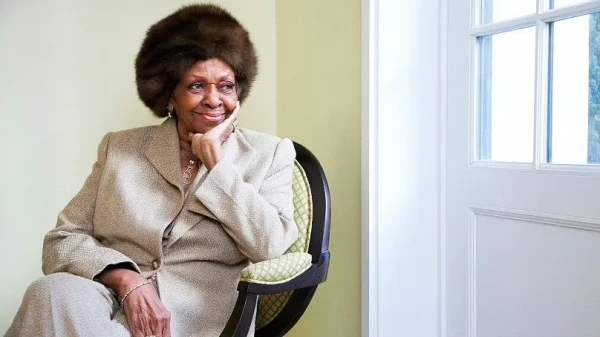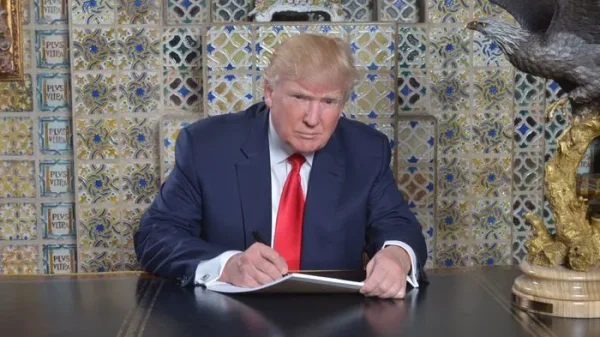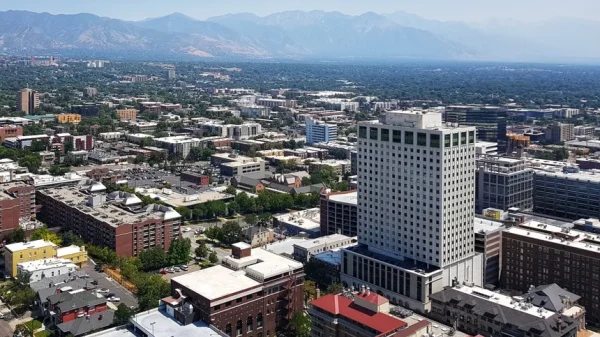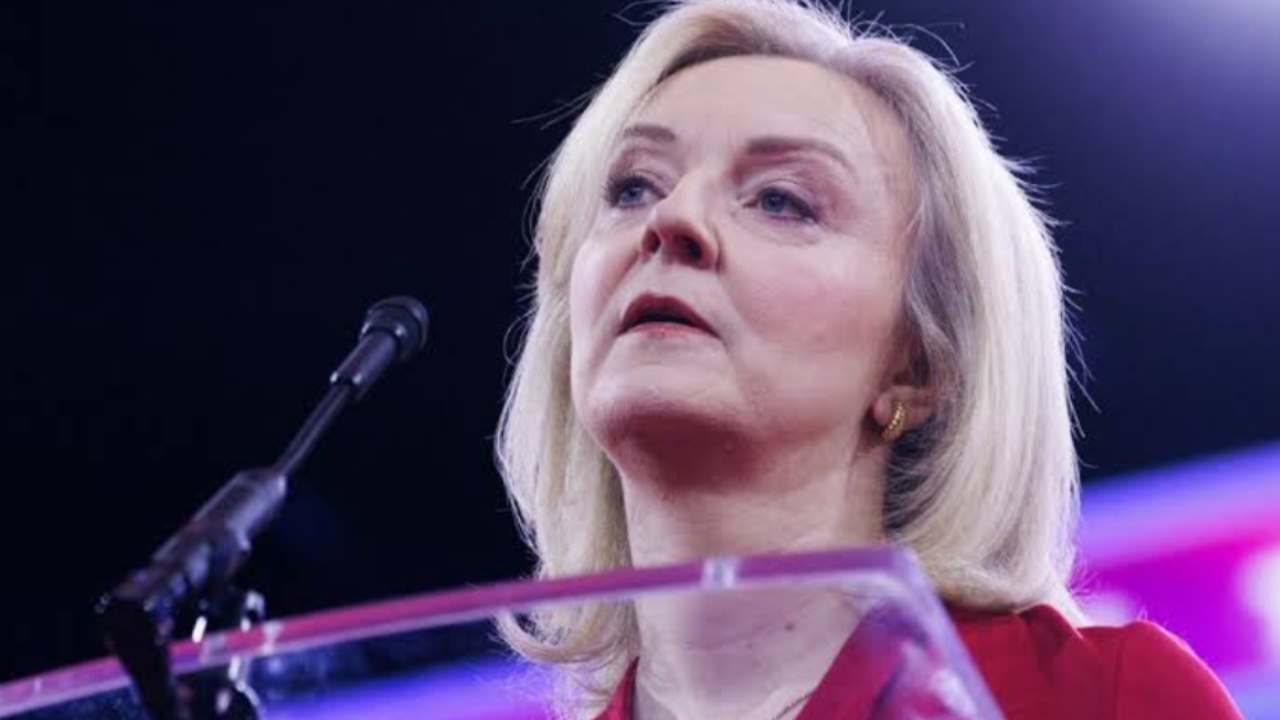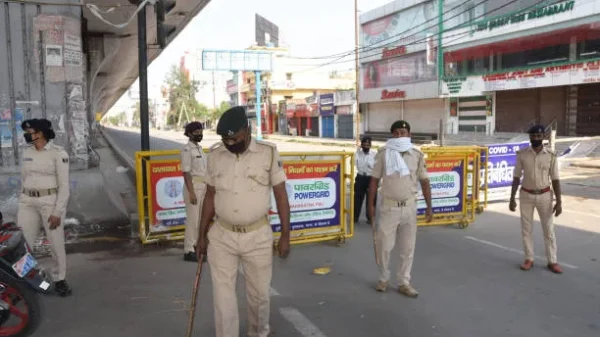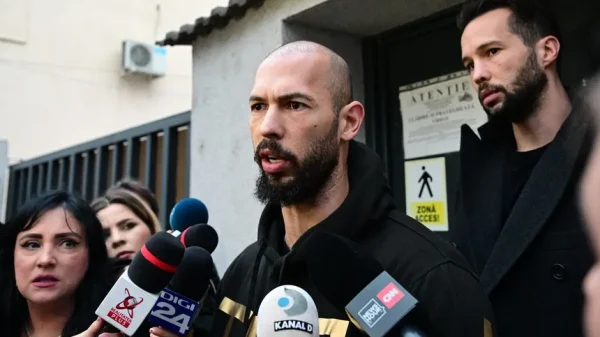Liz Truss, who served as Britain’s shortest-serving Prime Minister, lost her seat in Parliament during the British general election.
This came after constituencies previously held by Conservative leaders since 2010 turned either Labour or Liberal Democrat, reflecting public dissatisfaction with the Conservatives’ 14-year tenure in power.
Labour candidate Terry Jermy overturned Liz Truss’s substantial majority of over 26,000 votes from the 2019 election, marking a swing of 27.85 percent.
Truss’s defeat was announced before 7:00 am GMT, highlighting a disappointing performance for Rishi Sunak’s Conservative party. Keir Starmer’s Labour opposition won a landslide victory, returning to power after 14 years.

Liz Truss
Liz Truss, who had been a Member of Parliament since 2010, was met with slow hand-clapping as she finally arrived on stage after keeping other candidates waiting for several minutes. She left without delivering a speech following her defeat.
But she told afterwards:
“I think the issue we faced as Conservatives is we haven’t delivered sufficiently on the policies people want.”
Asked if she bore some responsibility, she said:
“I agree. I was part of that. That’s absolutely true.”
Liz Truss, whose tenure as Prime Minister was humorously likened to being shorter than that of an iceberg lettuce, responded to questions about her future in politics by stating she had “a lot to think about.”
Rishi Sunak retained his seat in northern England, but the Conservative Party lost constituencies previously held by Liz Truss’s predecessors Boris Johnson, Theresa May, and David Cameron.
Labour won Boris Johnson’s former constituency of Uxbridge and South Ruislip in northwest London, while the Liberal Democrats gained Theresa May’s former seat of Maidenhead, near the capital.







